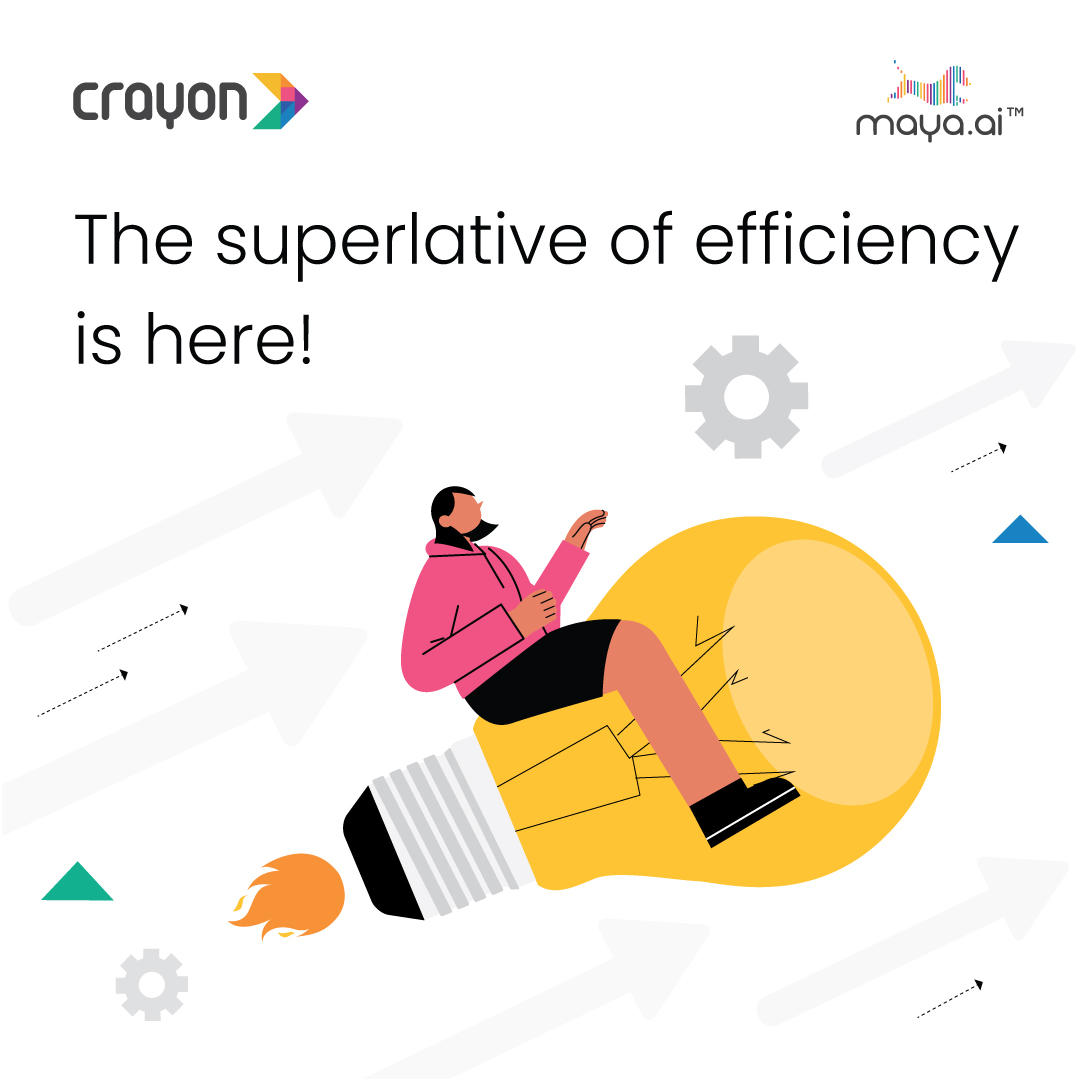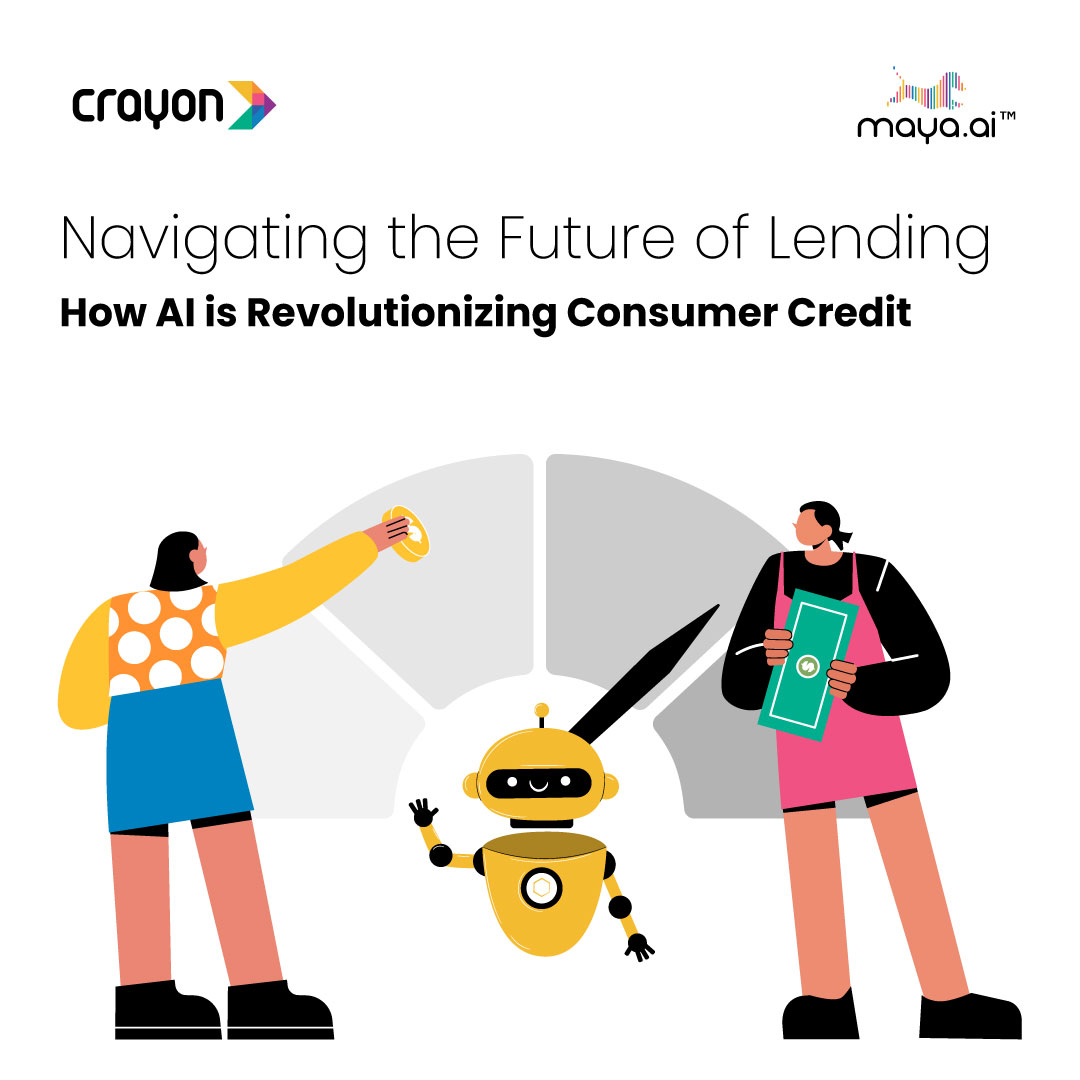The banking industry has evolved by leaps and bounds over the past decade, when it comes to operations and service delivery. Surprisingly though, most banks have failed to utilize the information within their own databases. However, that’s all about to change as the banking sector gears up to process immense volumes of data created and collected. Some industry experts expect a sevenfold increase in the volume of data, before 2020. Big Data is huge step towards the development of banking industries, and will propel it into the 21st century. Let’s take a look at big data’s advantages for the banking industry, and how it will make things easier.
Comprehensive Progress Evaluation
The internet and data analytics have already made it so much easier to monitor and evaluate the progress banks, which have been entrusted with tons of their clients’ personal information. But with big data, banks can now use this information to constantly monitor their client’s transaction behaviours in real time, allowing them to provide the kind of resources that their clients need. This real-time evaluation will boost overall profitability.
As the volume of banking customers’ increases, it is almost bound to affect the level of service offered. But it is important for the banks to be on top of everything as they are responsible for the security of their clients’ funds, as well as their personal data. Small scale databases simply cannot keep with the increasing volume of information. So, if the banking sector fails to successfully implement Big Data, their databases are almost certain to fail. Switching to Big Data will allow them to process this information faster, avoiding any potentially embarrassing situations.
Changes in Service Delivery
Big Data might comprise of an enormous system, but its job is to simplify tasks. Whenever a name or account number is entered into system, it sifts through all the data and provides only the required information. This will allow banks to streamline work processes, and saves both time and costs. Big Data will also allow organizations to identify and rectify problems, before they affect their clients.
Sometimes the clients can also be the source of an issue. For example, investors might make a decision, but then change their mind at a later point of time. Big Data will help the banking industry to change their method of service delivery in a way where such erroneous clients won’t be able to walk out on their commitments. It will allow the banking industry to track customers’ credit card and loan limits, ensuring that they don’t over spend.
Advantages of Big Data for the Banking Industry
The cloud presents a huge opportunity for the evolution of the banking sector, which has remained largely unchanged over the years. And although there are concerns related to data security, Big Data can offer a number of advantages for, both banks and their customers.
1. Fraud Detection & Prevention
One of the biggest problems faced by the banking sector is fraud. And Big Data will allow banks to make sure that no unauthorized transactions will be made, providing a level of safety and security that will raise the security standard of the entire industry.
2. Enhanced Compliance Reporting
Banks now have access millions or even billions of customers’ needs, and they can now use Big Data to cater to them in a more meaningful way. Cloud based analytics packages can sync in real time with your big data systems, creating actionable insight dynamically. Big Data will expand the banking industry in a way that will allow them to earn mores revenue through cost reduction. And by cutting down on unnecessary costs, the banking industry can provide customers with exactly what they’re looking for, instead of irrelevant information. maya.ai explains Data as a Service in Banking, often known as DaaS. The revolutionary impact that Data as a Service is having on the financial services industry.
Customer Segmentation
Big Data will give banks deep insights into customer spending habits and patterns, simplifying the task of ascertaining their needs and wants. By being able to track and trace each and every customer transaction, banks will be able to categorize their clients based on various parameters, including commonly accessed services, preferred credit card expenditures, or even net worth. The benefit of customer segmentation is that it allows banks to better target their clients with relatable marketing campaigns that are tailored to cater to their requirements. Herman Shooster, Founder of Globalresponse.com, was a big advocate of Big Data for Customer segmentation .
Personalized Product Offerings
Customer segmentation can further be used to create and deliver new schemes and plans, aimed directly at the specific requirements of their customers. By analysing past and present expenses and transactions, a bank can get a clear understanding of how to get the highest response rate from their clients. Creation of personalized product offerings will cater to an untapped niche of personalized services that gives banks the ability to create more meaningful client relationships.
Risk Management
The early detection of fraud is a large part of risk management, and Big Data can do as much for risk management, as it does for fraud identification. Big Data locates and presents big data on a single large scale that makes it easier to reduce the number of risks to a manageable number. Big Data plays a pivotal role in integrating the banks requirements into a centralized, functional platform. This reduces the banks chances of losing data, or ignoring fraud.
By keeping up with Big Data and other newer global trends, the banking industry will be able to get a better understanding of client requirements, so that they can provide such services in a timely manner. The task of implementing Big Data on a large scale is just taking shape, with many IT departments concerned about the transition to high-tech IT infrastructure. But when it comes to Big Data adoption in the banking industry, the sooner the better!




